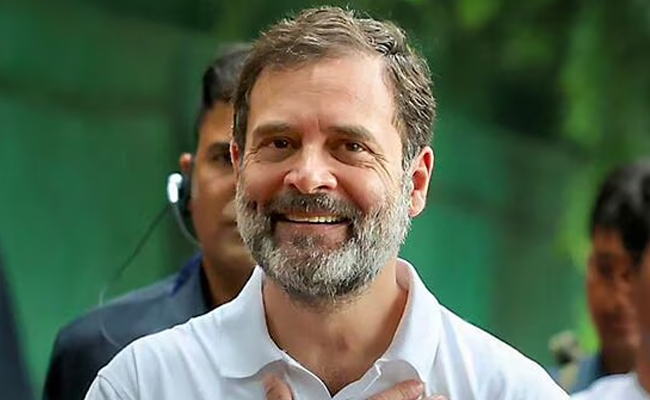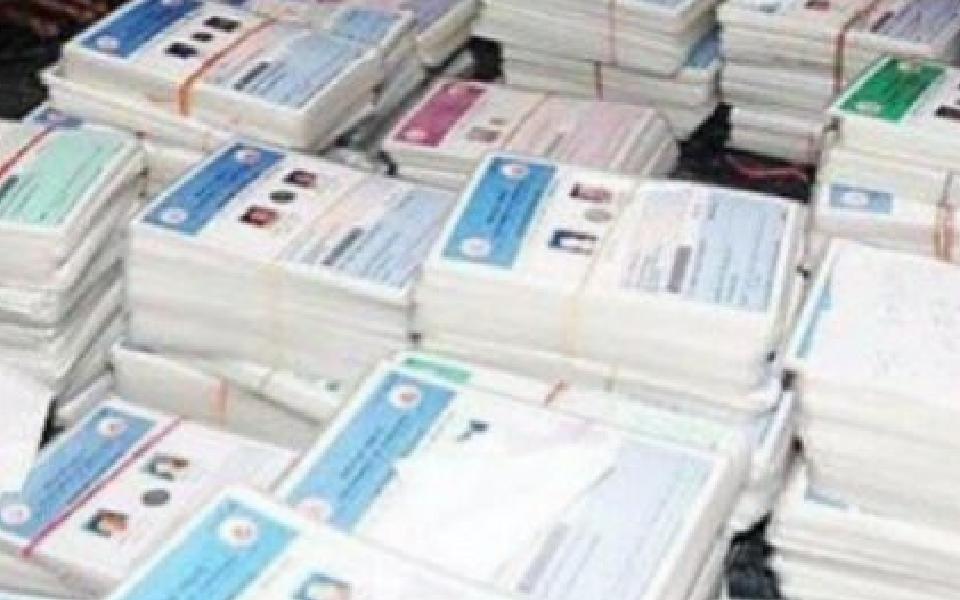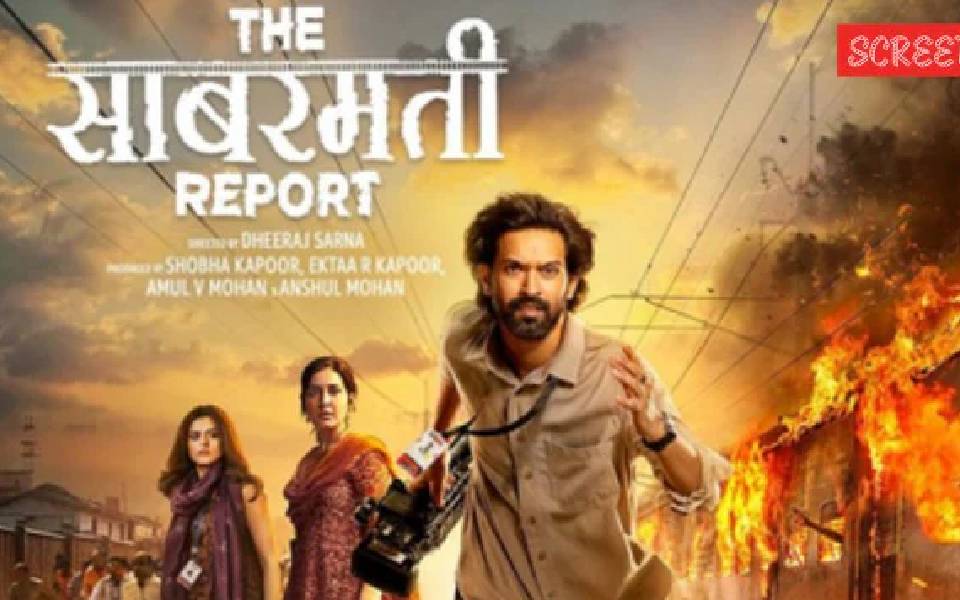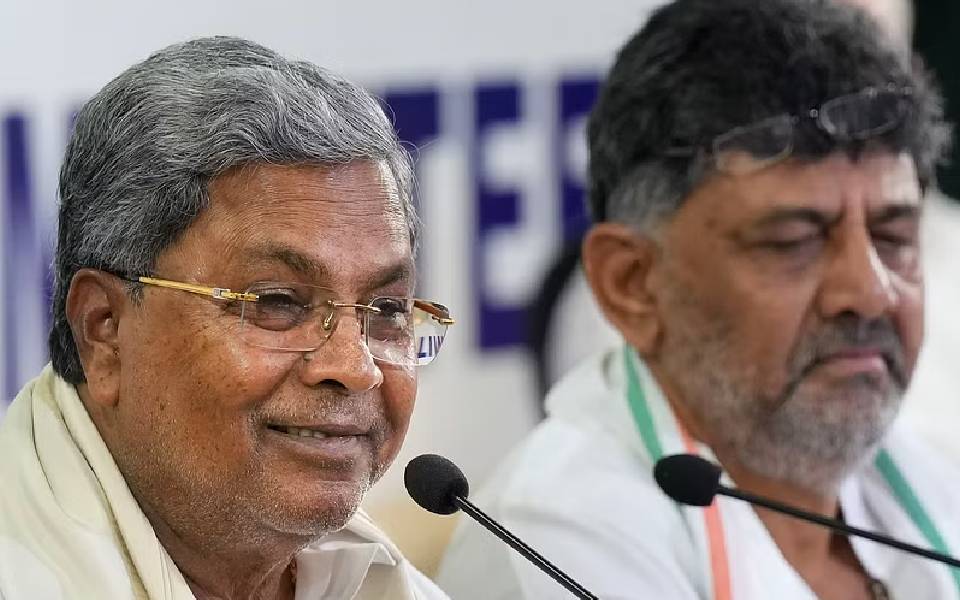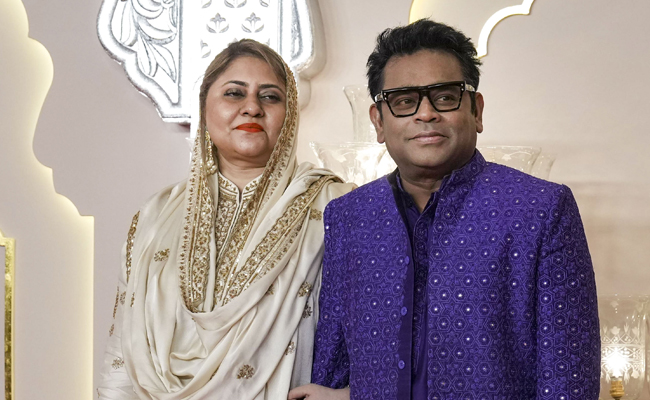Hyderabad (PTI): Congress leader Rahul Gandhi hailed the Telangana government's move to bring a law for the welfare of gig workers and urged Chief Minister A Revanth Reddy to conduct state-wide public consultations for the draft legislation.
In a letter to Reddy, Gandhi said he was impressed, during his recent visit to Hyderabad, by the vibrant public consultative process for the socio economic, educational, employment, political and caste survey (ongoing in the state).
"I request you to conduct similar state-wide public consultations for the draft legislation for gig workers as well. Hearing from all parties will ensure that the law is robust, effective and meaningful. The process can also help anchor future regulations for this sector," Gandhi said.
The Leader of Opposition in Lok Sabha said he would be happy to be a part of the consultative process.
He expressed confidence that Telangana would lead the way in building a sustainable gig economy for the future.
Noting that the Indian National Congress stands for the well-being of workers, especially in contractual roles, he said the party's manifesto committed to frame a law to protect gig workers and enhance social security.
The Congress-ruled governments have taken several steps in this direction, with the Congress dispensation in Rajasthan becoming the first state to legislate the welfare of gig workers, he said.
Revanth Reddy assured Gandhi that the state's gig workers policy would be made comprehensive, inclusive and fair in line with the latter's "vision and promise".
Reddy posted on social media platform X a letter (dated November 11) sent to him by Gandhi with his suggestion.
"Dear @RahulGandhi Ji, All of our work is inspired by your vision, ideas and work. It gives us more energy that the Telangana Caste Survey has made you feel proud," Revanth Reddy said.
Let the Truth be known. If you read VB and like VB, please be a VB Supporter and Help us deliver the Truth to one and all.
Bengaluru/Kolar, Nov 20: The Karnataka government has identified 22.63 lakh ineligible Below Poverty Line (BPL) cardholders in the state, with plans to revise the list, official sources said on Wednesday.
A survey conducted in August this year uncovered 22,62,482 ineligible BPL cardholders. The government is now considering cancelling these cards, triggering concerns about the withdrawal of key welfare benefits for numerous families.
These include the distribution of 10 kg of food grains per family member per month under the Anna Bhagya scheme and the Rs 2,000 monthly allowance provided to women heads of BPL families under the Congress-led government’s Gruha Lakshmi scheme.
Defending the move, Karnataka’s Food, Civil Supplies, and Consumer Affairs Minister K H Muniyappa stated that southern states typically do not have more than 50 per cent of their population categorised as BPL cardholders.
ALSO READ: Only ineligible BPL cards will be weeded out, no impact on eligible cardholders: CM Siddaramaiah
"In Karnataka, the second-highest tax revenue-generating state after Maharashtra, it is unrealistic to have 75-80 per cent of the population listed as BPL. Therefore, we must cancel these cards," Muniyappa said, adding that the government is not eliminating the cards but reclassifying them as Above Poverty Line (APL) cards.
According to Muniyappa, individuals holding government jobs, paying income tax, or earning an annual income above Rs 1.2 lakh are not eligible for BPL cards.
The opposition BJP seized the issue, criticising the Congress-led government.
Leaders including Opposition Leader R Ashoka, former Deputy Chief Minister C N Ashwath Narayan, and K Gopalaiah led a march in Bengaluru, visiting affected BPL families and staging protests against the decision.
A Bengaluru-based BPL cardholder expressed concern after discovering that her ration card had been canceled during a visit to a government-run ration shop. She feared her newborn daughter would lose access to benefits under the Bhagya Lakshmi scheme, aimed at reducing female foeticide, supporting education, and ensuring financial empowerment for girls.
The government's move has sparked widespread debate, with political and public reactions continuing to unfold.

